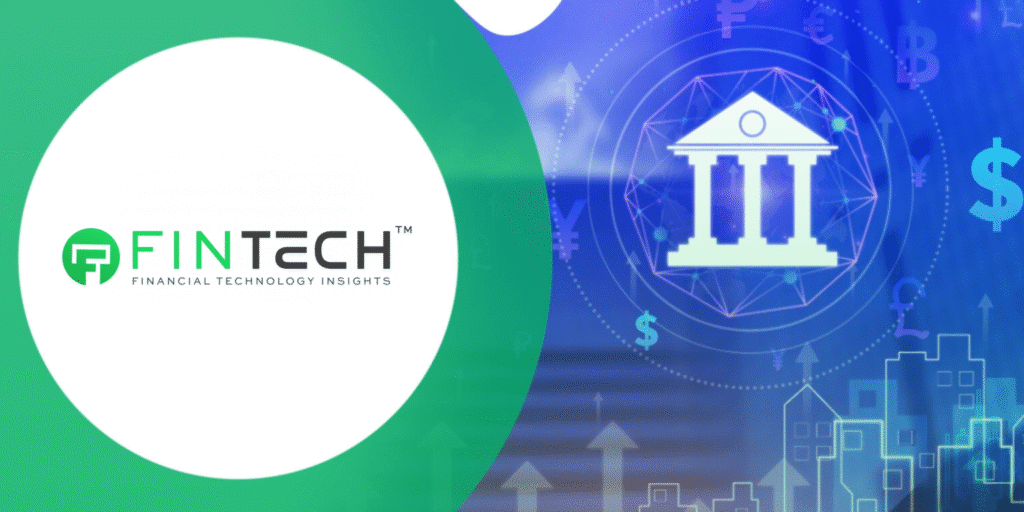Shattering Stereotypes: The Call for Female Voices in Fintech Media
A significant 94% of both men and women who participated in the survey indicated they would benefit from additional public speaking opportunities. Additionally, over half of the respondents (52%) indicated that these engagements would assist them in achieving the objectives established by their current employer. This encompassed the following: the identification of marketing opportunities, the establishment of partnerships, and the enhancement of the company’s visibility.
The Heard, the women in fintech spokesperson index, published its inaugural research report on the industry’s attitudes toward public speaking. Only 31% of the respondents surveyed believe that event organizers and content producers are effective in incorporating gender diversity into their work when it comes to events and content. Furthermore, 85% of the respondents acknowledge that the representation of women and non-binary individuals in event lineups is inadequate. Although public speaking and publicity may appear to be a minor aspect of the fintech and financial services industry, their significance is increasing due to the proliferation of content and events.
Additionally, 84% of the respondents who participated in the survey indicated that they would presume that a company does not adequately support women internally if it exclusively features male executives in the media or at events, as numerous fintech and financial services organizations have reported difficulty in recruiting diverse talent.
Read: Top 10 CIOs of The Fintech Industry
What is preventing women and non-binary speakers from progressing?
- Almost 40% of women and non-binary individuals stated that they did not regard themselves as experts, which hindered their ability to pursue opportunities. This was twice the number of males, at 20%.
- Also, 36% of women and non-binary people weren’t sure if they needed to get these opportunities, and 20% weren’t sure if they needed permission or were allowed to do speaking engagements.
- In this instance, hesitancy does seem to be a significant factor, and women and non-binary individuals are also five times more likely to be concerned about saying something they should not about their employer than males (2% vs 11%).
Industry Comments
Chantal Swainston, Founder of The Heard said: We know that fintech and financial services is a male dominated field, but that doesn’t mean there aren’t brilliant women and non-binary people working in the industry too. By working a bit harder to bring them into the spotlight, businesses can demonstrate the great diverse talent already in their teams, and in turn, help attract more candidates in the future.
Public speaking is a universal fear, and the only way to get better is through practice. We should stop expecting people to flip a charisma switch when they reach a certain level of seniority. As an industry, we need to look at speaking training and practice earlier in the career trajectory, which can help employees develop essential soft skills for life, as well as increase the number of positive spokespeople businesses can draw on when opportunities arise.
Read: Fintech in Healthcare: Software Innovations for HealthTech
FAQs:
- Why is gender diversity important in fintech media?
Gender diversity fosters inclusion, showcases diverse perspectives, and highlights underrepresented talent, encouraging a more equitable industry landscape. - What challenges do women and non-binary individuals face in fintech public speaking?
They often struggle with self-perception as experts, uncertainty about permissions, and hesitancy due to fear of misrepresentation. - How can companies improve representation in public speaking opportunities?
Organizations can provide early training in public speaking, support diverse talents, and actively include women and non-binary voices in events. - What benefits do public speaking opportunities offer employees and companies?
They enhance personal branding, establish partnerships, and increase organizational visibility, benefiting both individuals and employers.
Conclusion:
Empowering women and non-binary voices in fintech media isn’t just an equity issue; it’s an industry imperative. Addressing barriers, providing training, and fostering inclusivity will not only enhance representation but also enrich the fintech narrative. Let’s amplify diverse voices and shatter stereotypes together.
Thanks for reading!
To share your insights with the FinTech Newsroom, please write to us at news@intentamplify.com



